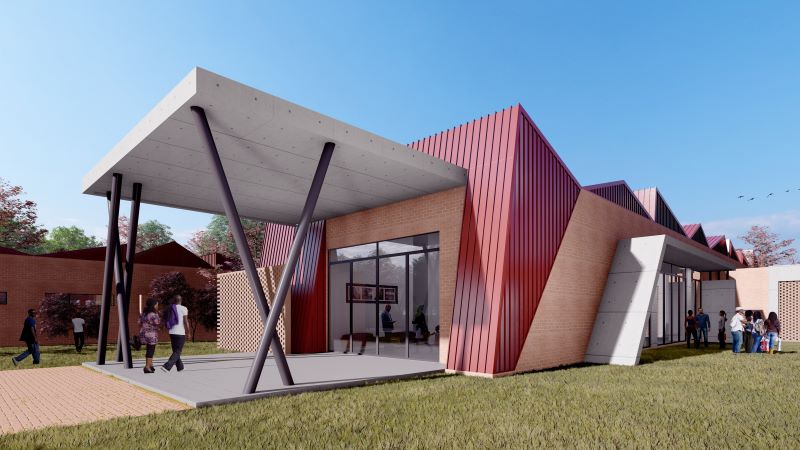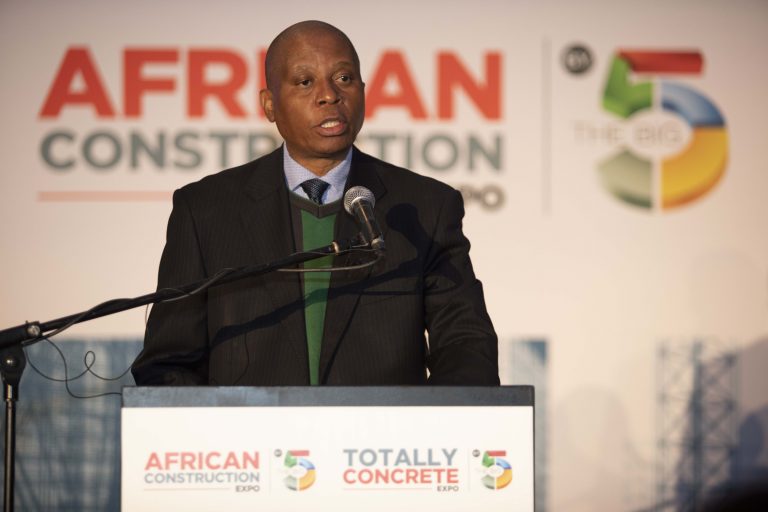

Johannesburg executive mayor Herman Mashaba has declared Johannesburg’s inner city open for business by putting 71 properties out to tender for private sector development into mixed-income housing, student accommodation and small businessrental space.
This forms part of City of Joburg’s inner city revitalisation project, which was approved by the council in September 2017. The 71 properties form Phase 2 of the project. Thirteen buildings had been put out to tender in Phase 1, with bids currently being evaluated.
Bids for Phase 2, which is expected to create 5 000 jobs during construction, will close on November 30. The revitalisation project will, over many phases, result in 500 buildings being redeveloped, with between 50 and 100 buildings a year to be put out to tender. Mashaba explained that the project is a multi-targeted initiative incorporating strategies to facilitate revitalisation of the inner city, which should unlock greater economic potential in the city – creating an enabling environment for small businesses to flourish as well as permanent jobs.
“Increased economic growth should already be realised by 2021.” Mashaba added that the city is facing a housing crisis, with an estimated backlog of 300 000, more than 160 000 people on the housing waiting list and with an average of 3 000 people moving into Johannesburg every month.
Other challenges that the city faces include expensive housing– therefore, the bids are required to cater for monthly rental income of between R800 and R1 000, in at least 20% to 30% of the development – as well as deteriorating buildings, syndicate-run or hijacked buildings and crime on the streets. City of Joburg economic development MMC councillor Leah Knott explained that Phase 2 will attract about R2.5-billion worth of investment and that the 71 properties are spread over 35 pockets of space in the city.
Since Johannesburg was established 130 years ago, the inner city has grown to an 18 km2hub, with an estimated 1.8-million households. Africa is expected to be the continent with the highest urbanisation rate between 2020 to 2050. In South Africa, 63% of people live in cities, but this figure will grow to 71% by 2030. Therefore, City of Joburg development planning MMC councillor Reuben Masanganoted, it is vital to ensure proper infrastructure and job creation.
More news
- EMIRA BOOSTS ITS LQUIDITY WITH USD500M DEAL
- NAME CHANGE TO FUCHS AFRICA REFLECTS SUB-SAHARAN AFRICA FOOTPRINT
- REFRATECHNIK ASIA NEW ASSOCIATE CORPORATE MEMBER OF WCA
- PART 5: SA’S TRADE DILEMMA: A PODCAST DISCUSSION WITH DONALD MACKAY
- STATE-DRIVEN OPPORTUNITIES FOR SA CONSTRUCTION COMPANIES BUT MANAGING RISK IS A PRIORITY





